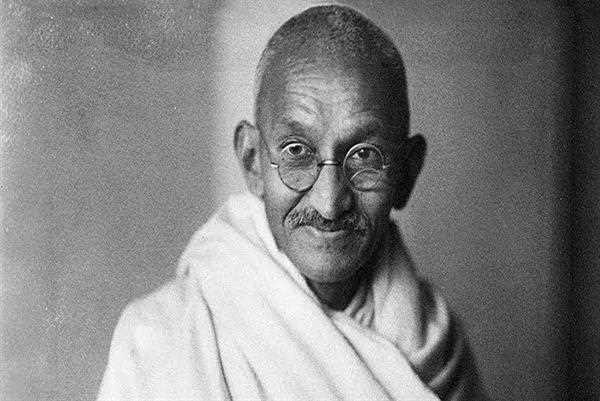 Mohandas Karamchand Gandhi, popularly known as Mahatma Gandhi, was one of the most important figures in India's struggle for independence from British rule. However, the relationship between Gandhi and the British is complex and multifaceted, and opinions on Gandhi's legacy vary widely.
Mohandas Karamchand Gandhi, popularly known as Mahatma Gandhi, was one of the most important figures in India's struggle for independence from British rule. However, the relationship between Gandhi and the British is complex and multifaceted, and opinions on Gandhi's legacy vary widely.
From the British perspective, Gandhi was often seen as a disruptive force that challenged the status quo and posed a threat to the stability of the British Empire. His methods of non-violent resistance, including civil disobedience and boycotts, were seen as a direct challenge to British authority and control.
Furthermore, Gandhi's critique of British imperialism and his call for Indian self-rule were seen as a direct threat to British economic and political interests in India. The British viewed Gandhi as a divisive figure who was sowing the seeds of discord and disunity among India's diverse communities.
However, Gandhi's relationship with the British was also marked by moments of dialogue, cooperation, and even admiration. Gandhi spent many years in South Africa, where he developed his ideas of nonviolent resistance and civil disobedience. During this time, he worked closely with British liberals and progressives who were sympathetic to his cause.
In India, Gandhi also engaged in dialogue with British officials and leaders, including Lord Mountbatten, the last Viceroy of India. Despite their differences, Gandhi and Mountbatten respected each other and worked together to ensure a peaceful transition of power from British rule to Indian independence.
Gandhi's relationship with the British was also influenced by his broader worldview and philosophy of nonviolence and love. Gandhi believed that all human beings, including the British, were fundamentally connected and that violence and hatred only served to perpetuate the cycle of suffering.
In conclusion, Gandhi's relationship with the British was complex and multifaceted, shaped by a range of political, economic, and ideological factors. While the British saw Gandhi as a disruptive force, Gandhi's ideas and methods of nonviolence continue to inspire people around the world to this day. Regardless of one's perspective, it is clear that Gandhi played a pivotal role in India's struggle for independence and left a lasting legacy in the world of politics and social justice.
Also Read:- Indian languages and language Technology